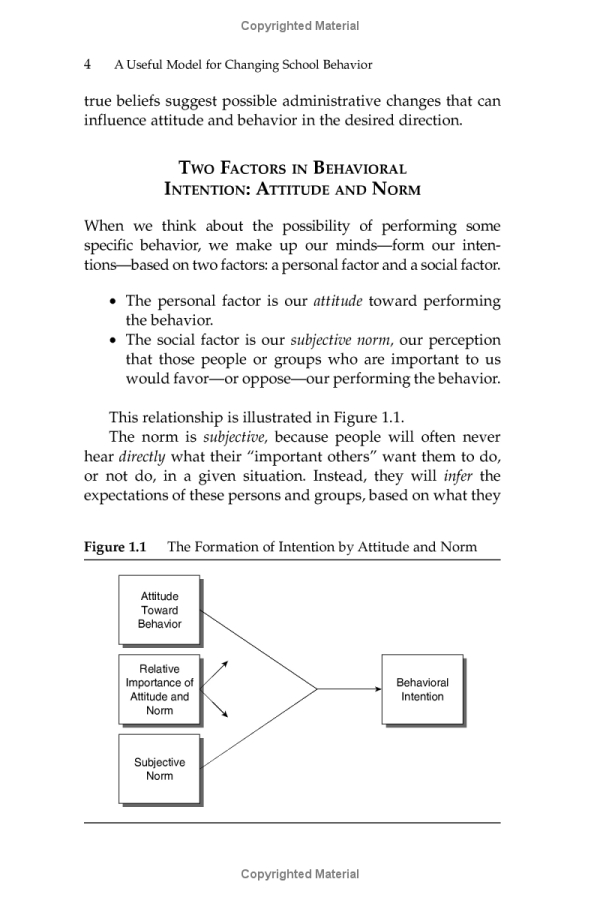Understanding the Impact of Interest on Unsubsidized Student Loans: A Comprehensive Guide
#### Interest on Unsubsidized Student LoansUnsubsidized student loans are a common form of financial aid for college students. Unlike subsidized loans, wher……
#### Interest on Unsubsidized Student Loans
Unsubsidized student loans are a common form of financial aid for college students. Unlike subsidized loans, where the government covers interest while the student is in school, the responsibility for paying interest on unsubsidized loans falls entirely on the borrower from the moment the loan is disbursed. This means that students can accumulate significant debt even before they graduate, making it crucial to understand how interest on unsubsidized student loans works.
#### The Basics of Unsubsidized Student Loans
Unsubsidized student loans are available to both undergraduate and graduate students, and eligibility is not based on financial need. This makes them an attractive option for many students who may not qualify for need-based aid. However, it is essential to grasp the implications of the interest that accrues on these loans.
#### How Interest Accrues
Interest on unsubsidized student loans is calculated based on the loan's principal amount, the interest rate, and the time that passes. The interest rate for these loans can vary, often depending on the year the loan was taken out and the borrower's status (undergraduate or graduate). Typically, interest accrues daily, which means that the longer you wait to pay it off, the more you will owe.

For example, if you take out a $10,000 unsubsidized loan with an interest rate of 5%, you will accumulate approximately $500 in interest during your first year alone if you do not make any payments. This amount will only increase if you defer payments or delay repayment after graduation.
#### The Importance of Making Payments
One of the most effective ways to manage the burden of interest on unsubsidized student loans is to make at least interest payments while still in school. Even small payments can significantly reduce the amount of interest that accrues over time, ultimately lowering the total amount you will owe when you graduate.
If you choose to defer payments until after graduation, it is essential to be aware that the interest will capitalize, meaning it will be added to the principal balance of your loan. This can lead to a larger loan amount and higher monthly payments in the long run.
#### Strategies for Managing Interest on Unsubsidized Loans

1. **Make Interest Payments While in School**: As mentioned earlier, making small payments while you are still in school can help reduce the overall interest you will pay.
2. **Consider Loan Consolidation**: After graduation, consolidating your loans can sometimes lower your interest rate, but it is essential to weigh the pros and cons, as this may also affect your repayment options.
3. **Explore Repayment Plans**: The federal government offers various repayment plans, including income-driven repayment plans, which can make your payments more manageable based on your income level.
4. **Stay Informed About Forgiveness Programs**: Some borrowers may qualify for loan forgiveness after a certain period of repayment, particularly if they work in public service jobs.
5. **Budget Wisely**: Creating a budget that includes your loan payments can help ensure that you stay on track and avoid falling behind.

#### Conclusion
Understanding the implications of interest on unsubsidized student loans is crucial for any student considering this form of financial aid. By taking proactive steps to manage interest and making informed decisions about repayment, borrowers can mitigate the financial burden of student loans and set themselves up for a more secure financial future. Being educated about the terms and conditions of your loans will empower you to make choices that can lead to significant savings over time.